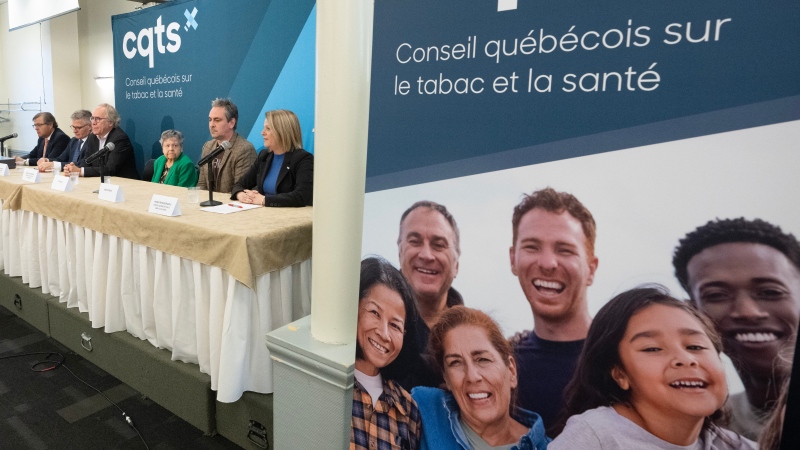A recent tobacco settlement has sparked controversy among advocates who believe it will not adequately protect future generations from addiction.
The settlement, which was reached between the Canadian government and three major tobacco companies, includes a payment of $19.1 billion over the next 15 years. This money will go towards covering healthcare costs related to tobacco use and funding anti-smoking campaigns.
However, advocates argue that this settlement falls short in addressing the root issue of addiction and fails to hold the tobacco industry accountable for their actions.
According to Cynthia Callard, executive director of Physicians for a Smoke-Free Canada, the settlement does not go far enough in preventing tobacco companies from targeting young people and promoting their products. She believes that stricter regulations and higher taxes on tobacco products are necessary to truly protect future generations from addiction.
Other advocates also point out that the settlement does not address the issue of secondhand smoke, which can also have harmful effects on non-smokers.
In addition, some critics argue that the settlement is not enough to cover the long-term healthcare costs associated with tobacco use. They believe that the tobacco companies should be responsible for covering all healthcare costs related to their products, rather than relying on government funds.
Despite these concerns, the Canadian government stands by the settlement, stating that it is a step in the right direction towards reducing tobacco use and its harmful effects on society.
It is clear that the tobacco settlement has sparked a heated debate among advocates, with many believing that it falls short in protecting future generations from addiction. As the issue continues to be a pressing concern, it is important for both the government and tobacco companies to work towards finding a solution that truly addresses the root issue of addiction and prioritizes the health and well-being of all Canadians.



